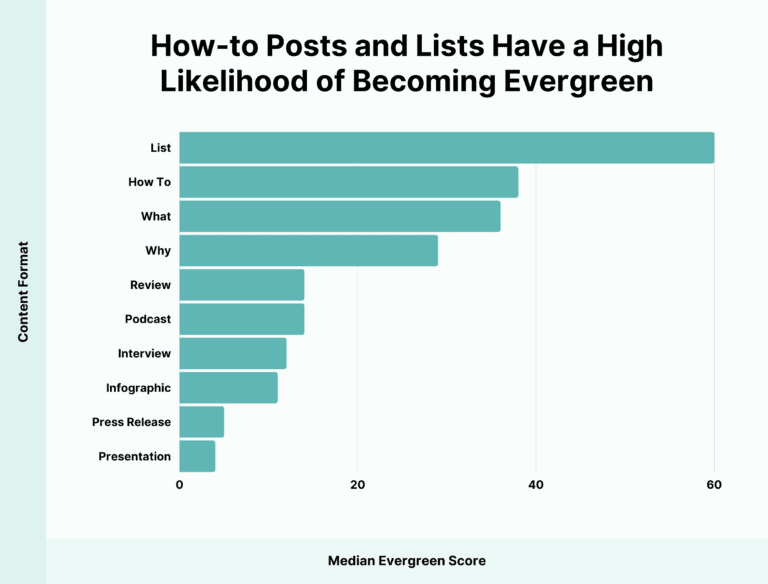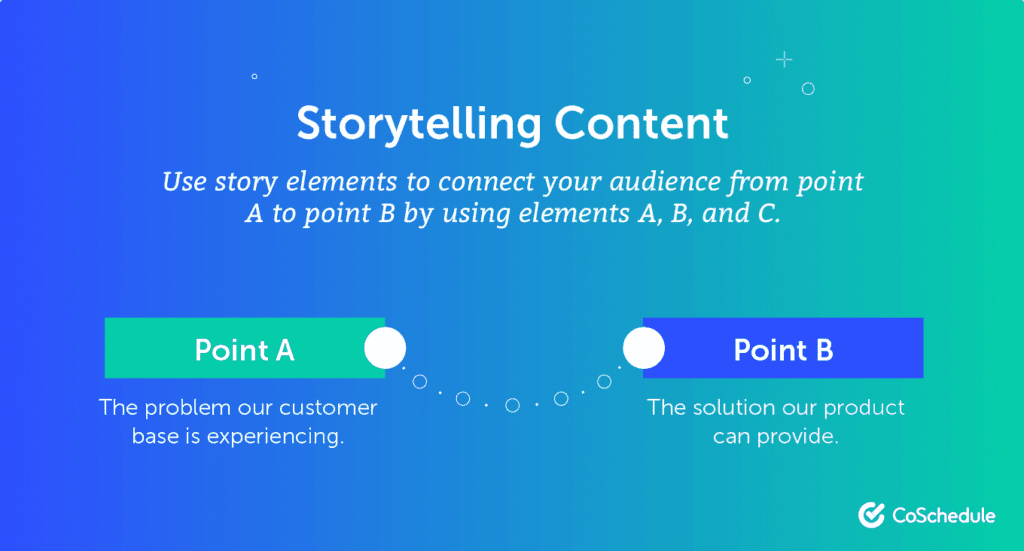
The whole purpose of building a blog and website is to increase your website traffic and brand reach. There are many ways to bring traffic to your blog and website, including Ads, social media marketing and SEO. The first two required you to pay to platforms like Google, Facebook and others, but you can also bring traffic without paying the platforms using SEO and content marketing. But you need to compete with millions of websites to get a decent share of the search traffic. So how do you generate interest from your target audience? How do you rank higher? And what does your website or blog need to stand out on the Internet? We'll discuss all of these and more in this blog.
According to market data, 67.7% of all clicks go to SERPs' top five search results. This shows how much value a website can get from great rankings. Organic search also contributes to over 50% of all website traffic. So when Google recommends your website, you don't just get all those potential eyes visiting your page -- you also get as many chances for closing sales.
Additionally, website visitors visit more than one page when they visit a website. Nearly 50% of websites generate 4-6 page views from one visit, while 35% get as many as 7 to 10. So traffic can lead to more traffic, leading to better conversion potential.
So you've set up your website, linked it to your social media accounts, and started creating and posting content. Now all you need is a bit of wait, and you will get the traffic, right? Not really!
Creating a website and publishing random content may not get you any traffic. But having a good content plan and strategy can boost your ranking and attract more visitors. Consider these tips for creating a powerful content strategy to drive more traffic:
Evergreen topics are topics that have "continued and sustained success". And they are extremely powerful in attracting website traffic. They remain relevant no matter the season, and people always search for them. In addition, they have a long shelf life, are applicable across many industries and niches, and help you build brand authority.
How do you create one for your website or blog? Here are a couple of pointers.

Search intent is the purpose of why a user goes on Google. And to attract website or blog traffic, you need to know what your readers are searching for, and you need to answer their queries. Let's take a look at this example.

In this search query, a user wants to create a group chat on Facebook Messenger. And Google chose this response from Google, for two main reasons:
1. It specifically answers the search question; and
2. It gives the user the exact thing that they're probably looking for.
No one wants to read a lengthy blog about creating a group chat when a short, numbered list of instructions is enough.
Internal links serve as "votes of approval" for your other blog posts or website pages. Connecting pages within the same domain are handy for promoting your blogs or web pages. Typically, the more you point to a certain page or post, the more authority it will have.
As such, you must feature internal links to pages or posts you want to boost. You can start with one of your high-performing blog posts, for example. Similarly, use your homepage. As the most important page of your website, it can share equity or value through internal links to other website pages.
Traffic does not only come from organic search. Research shows that the biggest source of traffic is your own website. People who click on one of your pages or blogs will most likely stick around and visit other pages or blogs.
Also, you can get traffic from social media and email marketing. So when creating content, remember that your efforts shouldn't start and stop with search engines. Instead, make shareable content that people will want to spread to their networks by:

Finally, consider creating a content pillar if you haven't done it yet. A content pillar is a long-form piece that covers the main topic and all its relevant sub-topics. It usually involves a topic cluster, which targets multiple long-tail keywords related to your main subject.
Why does this matter for website traffic? Today, more than 60% of searches have four or more words. Additionally, more and more people are using voice assistants like Siri and Alexa when searching. This leads to longer queries that branch out into more specific topics.
A content pillar has a high potential of turning into an evergreen topic. So you want to make sure that when you create yours, it:
As your trusted Sydney SEO agency, iVersion customises SEO plans according to your specific needs. So if you need help boosting website or blog traffic, our expert team can sit down with you and assess which strategies best apply to your context. So talk to us today, and let's get started.
Get the Right People to Manage your IT
Sign Up and Stay Informed